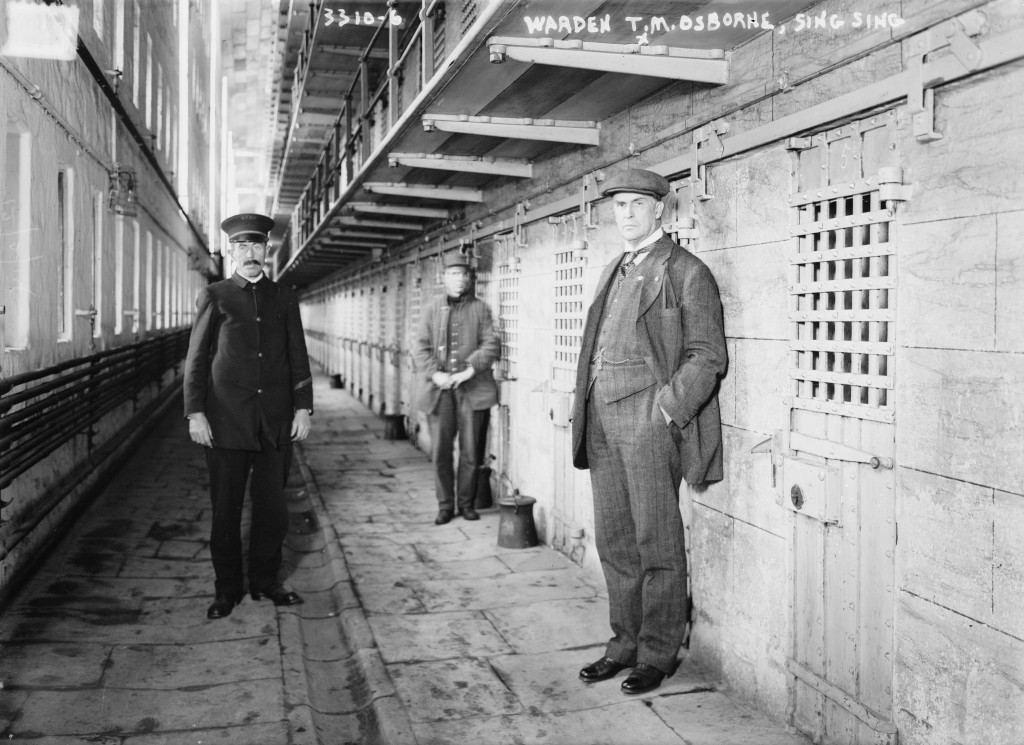Charged With A Marijuana Crime? The Cromnibus Probably Will Not Help
 The Department of Justice has yet again graced us with another memo on how U.S. attorneys should argue against and prosecute medical marijuana criminal defendants. More specifically, the DOJ is making clear that it does not view the 2014 Cromnibus barring the use of federal funds to stop states from implementing medical marijuana laws as meaning a thing when it comes to stopping federal criminal prosecutions for medical marijuana activity legal under state laws. The DOJ authored this particular memo back in February, but it was just released to the public this month.
The Department of Justice has yet again graced us with another memo on how U.S. attorneys should argue against and prosecute medical marijuana criminal defendants. More specifically, the DOJ is making clear that it does not view the 2014 Cromnibus barring the use of federal funds to stop states from implementing medical marijuana laws as meaning a thing when it comes to stopping federal criminal prosecutions for medical marijuana activity legal under state laws. The DOJ authored this particular memo back in February, but it was just released to the public this month.
As a reminder, the medical marijuana industry rejoiced when President Obama signed into law the Consolidated and Further Continuing Appropriations Act of 2015, whose Section 538 stated as follows:
“None of the funds made available in this Act to the Department of Justice may be used, with respect to the States of Alabama, Alaska, Arizona, California, [and every other medical marijuana state], to prevent such States from implementing their own State laws that authorize the use, distribution, possession, or cultivation of medical marijuana.”
Section 538 does not change the federal Controlled Substances Act and the Cromnibus itself only controls the federal budget through the end of next month, but many (most?) medical marijuana industry advocates and businesses believed Section 538 prohibited the DOJ from using federal funds to prosecute those who conduct medical marijuana business legally in those states that have legalized it. We predicted Section 538 would not be so helpful for cannabis businesses and — most unfortunately — the DOJ’s latest memorandum confirms our apprehensions.
According to the memo, “Defendants charged with violations of the Controlled Substances Act (“CSA”) . . . have begun filing motions challenging their prosecutions on the ground that the government’s expenditure of funds in enforcing the CSA against them violates Section 538.” The memo then explains that Section 538 doesn’t provide any legal defense to the DOJ’s enforcement of the CSA and that “. . . the [DOJ’s] position is that Section 538 does not bar it from using funds toenforce the CSA’s criminal prohibitions or to take civil enforcement and forfeiture actions against private individuals or entities consistent with the Department’s guidance regarding marijuana enforcement.”
The DOJ memo instructs U.S. Attorneys to use the following arguments to block criminal defendants from using Section 538 in their defense:
- Section 538 applies to states, not to individuals.
- Section 538 prohibits federal spending for civil challenges to states implementing a legal medical marijuana system, but it does not apply to individuals or business entities even if those individuals or business entities comply with state law.
- Section 538 does not prohibit the DOJ from enforcing the CSA against individuals and business entities even in states that have legalized medical marijuana and if Congress had intended that outcome, it would have explicitly said so somewhere in Section 538.
- The legislative history of Section 538 is “sparse,” and though a couple members of Congress opined that Section 538 would prevent enforcement of the CSA, those statements are “not sufficiently authoritative to overcome the best reading of the text.”
- Section 538 does not explicitly repeal the CSA and there is no proof Congress intended such a repeal.
- Section 538 is an appropriations provision, not a criminal statute, and the Rule of Lenity therefore does not apply.
If you try to use Section 538 in your criminal defense to marijuana charges, the DOJ will argue that you have failed to meet your “burden of showing that the prosecution will prevent the state from implementing its medical marijuana laws.” The DOJ believes that no defendant will be able to show that their criminal prosecution will prevent any given state from implementing its medical marijuana laws.
Surprisingly, the memo admits that a defendant’s chance at succeeding with a Section 538 argument will be better in those states with “strong and effective State regulatory system[s]” that comply with the eight enforcement priorities in the 2013 Cole Memo.
Though the memo seeks to torpedo defendants using Section 538 as a barrier to federal criminal prosecution, it does at least recommend that U.S. Attorneys check in with the Federal Programs Branch before filing suit against a state for its implementation of medical marijuana laws. Though the Congressional sponsors of the amendment that eventually became Section 538 are calling for a formal investigation into the DOJ’s alleged violations of that Section, what we really need is for our federally elected officials to start writing legislation that clearly checks the DOJ’s power to prosecute people for cannabis.
– Hilary Bricken, for the Canna Law Blog
Attorney with Harris Moure
